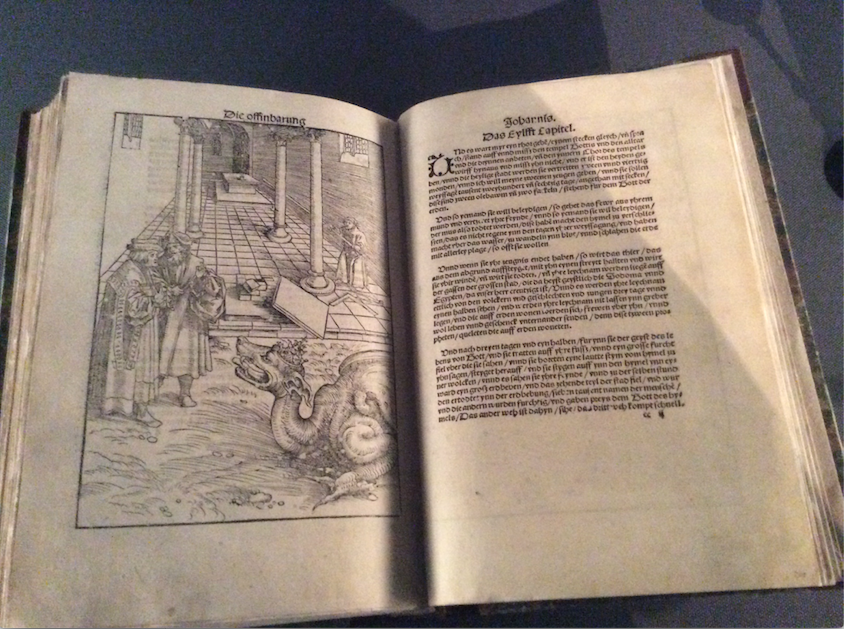posts
 In late 1521 and early 1522, a young scholar and theology professor risked his life to translate the New Testament into colloquial German. Convinced that the Word of God had final authority in a believer’s life and that every Christian possessed the ability to understand Scripture even without the aid of a priest or teacher, Martin Luther (1483-1546) modeled very practically the value of sola scriptura through this translation exercise. Although Luther and other early Protestant reformers were not directly involved in cross-cultural, global mission, the principle of sola scriptura that they championed provided a theological foundation and fresh vision for Bible translation that invigorated the missionary enterprise. In this paper, I will argue that the value of sola scriptura was the Reformation’s greatest contribution to Protestant global mission and that the recovery of vernacular Bible translation as a central mission practice contributed to making the modern missions movement revolutionary. Following some preliminary thoughts on the vernacular principle and sola scriptura, I will sketch out the work of key missionary Bible translators from the 17th to the 20th century to show that Protestant mission has indeed been a mission of translation. I will conclude with some remarks on how sola scriptura and the vernacular principle have shaped evangelical Protestant and how they might offer guidance moving forward in 21st century mission. note: This is the abstract from a paper I'll be giving at the "Legacy of the Reformation" conference at Liberty University. The picture above is an early print of Luther's German NT, which I photographed at the Luther museum in the Wartburg castle in Eisenach, Germany. Comments are closed.
|
Archives
November 2023
|
 RSS Feed
RSS Feed
